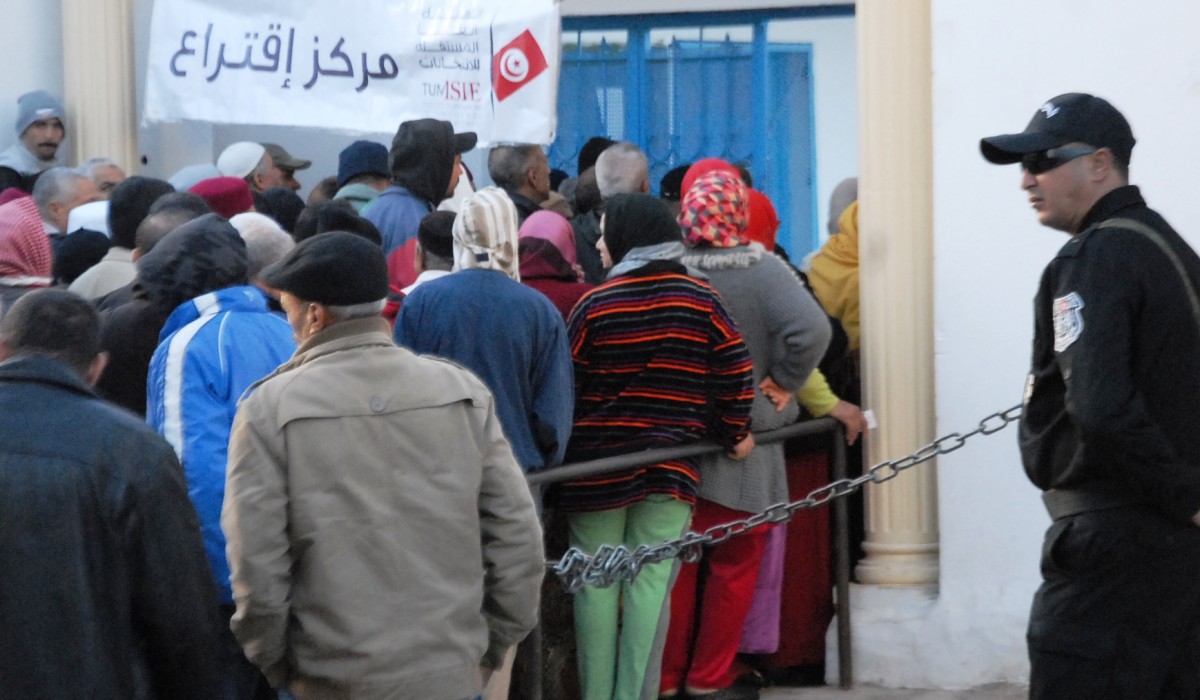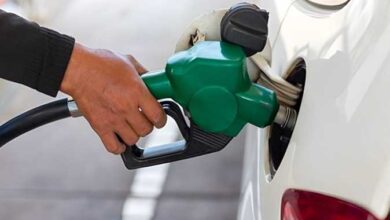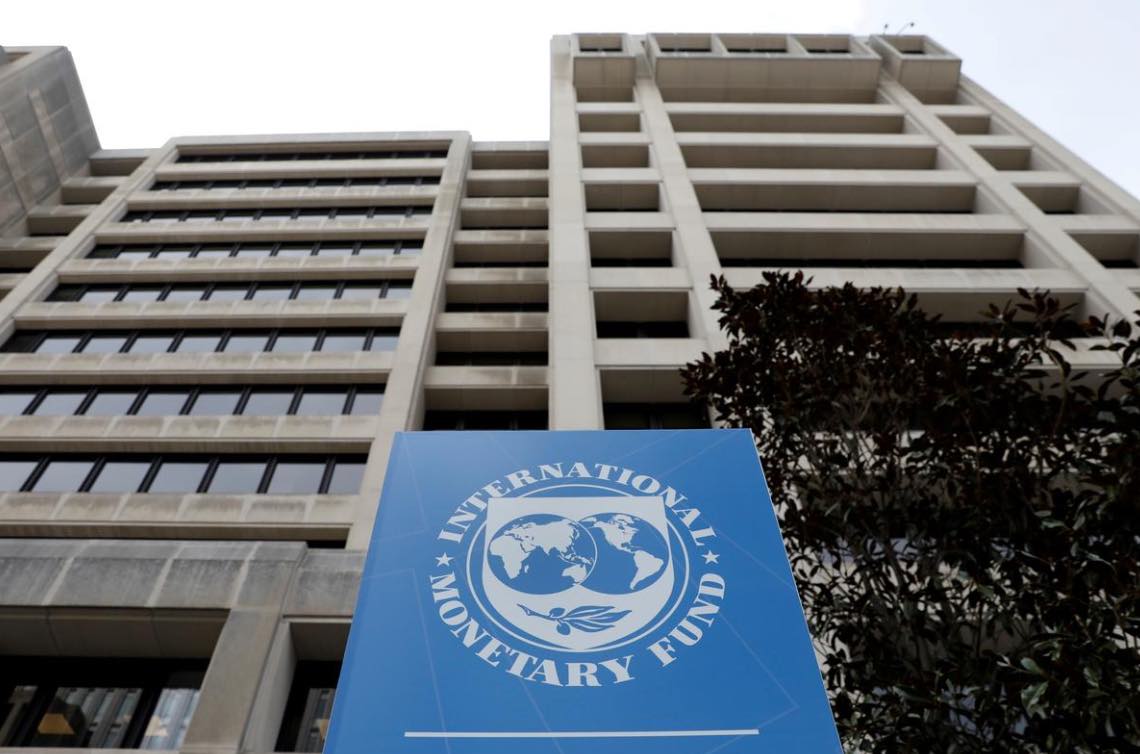
Tunisians voted on Sunday in their first free municipal elections, another step in a democratic transition that has become marred by disappointment over a lack of jobs and economic opportunities.
The Islamist Ennahda and secular Nidaa Tounis parties, which form a coalition at national level, are expected to dominate the polls for 350 municipalities.
Tunisia has been hailed as the only democratic success of the Arab Spring because it toppled a long-serving autocrat, Zine El Abidine Ben Ali, in 2011, without triggering major violence or a return to authoritarian rule.
But enthusiasm for democratic change has long given way to anger over stubbornly low living standards, which have driven some Tunisians to make the dangerous sea crossing to Europe in search of work or have prompted a few to turn to militant Islam.
“I intended to boycott (the vote), but I changed my mind at the last moment,” Mohamed Ali Abadi, told Reuters after leaving a polling station. “We are facing a lot of economic problems but will continue our way in a real democracy.”
The turnout in three polling stations visited by Reuters in the capital Tunis in the morning was weak with mostly elderly people voting while young people were sitting in cafes nearby.
“I want a job,” said a young man who gave his name as Ramzi. “No one cared for us in the past years and we suffer from unemployment.”




